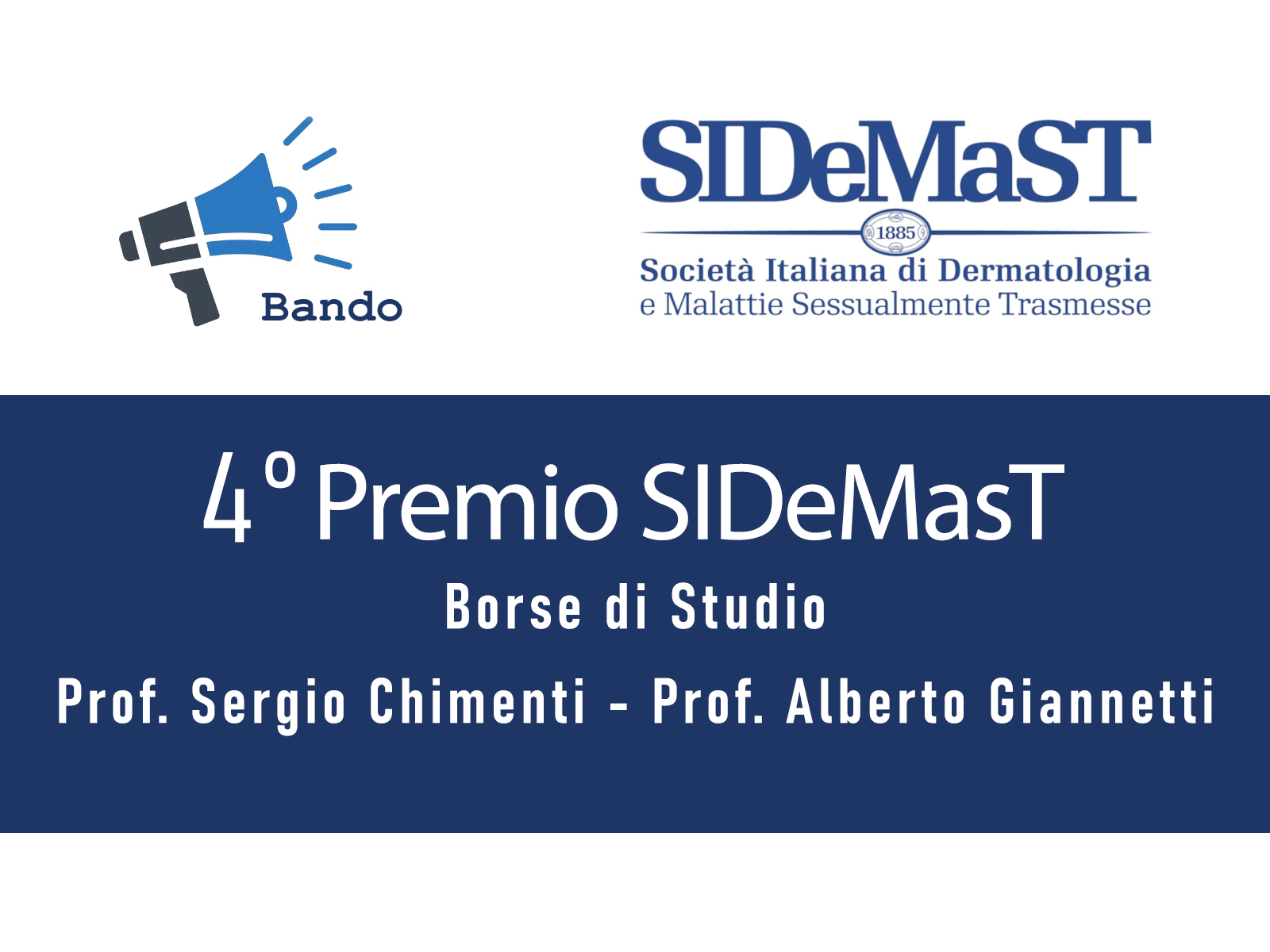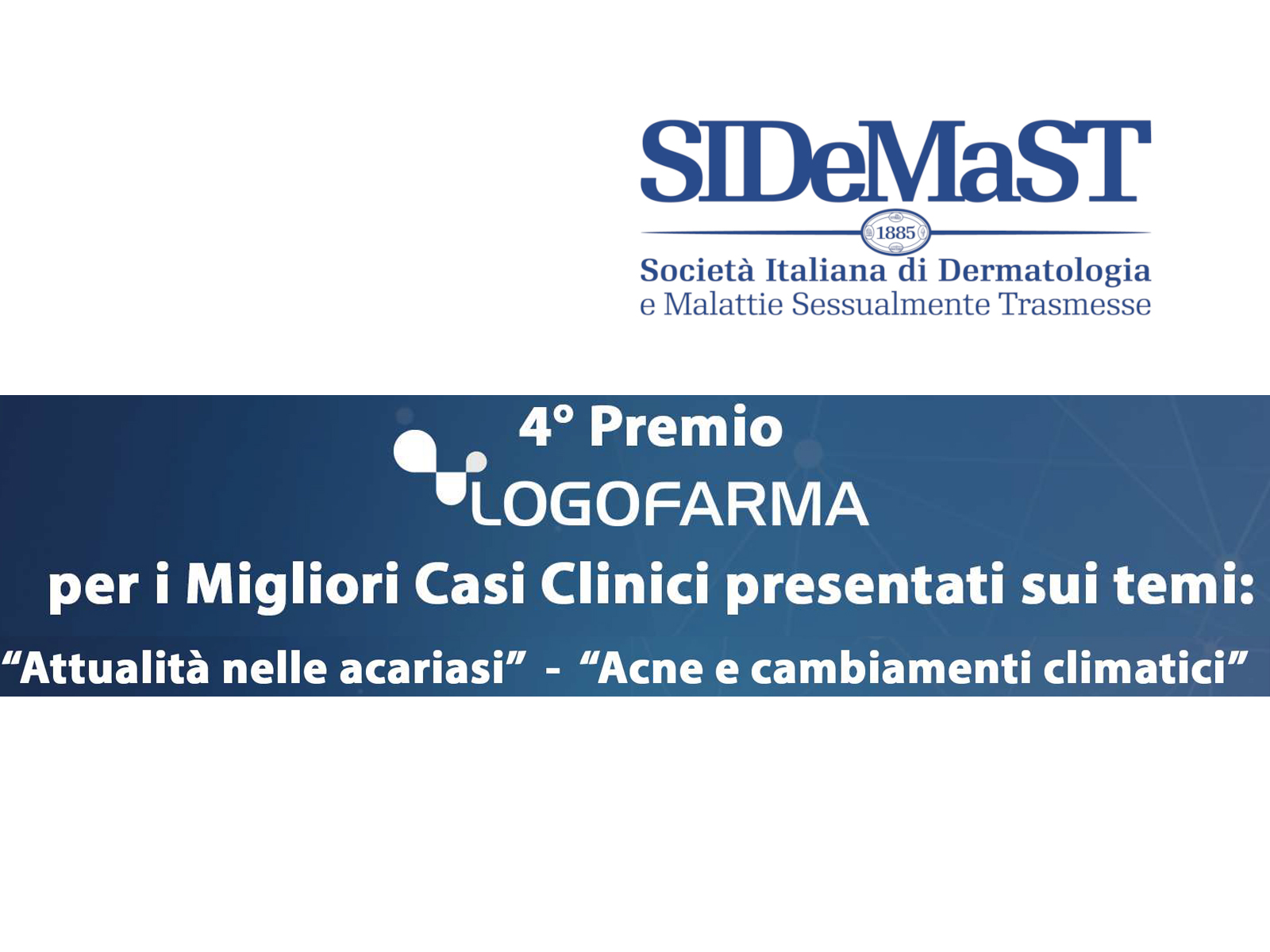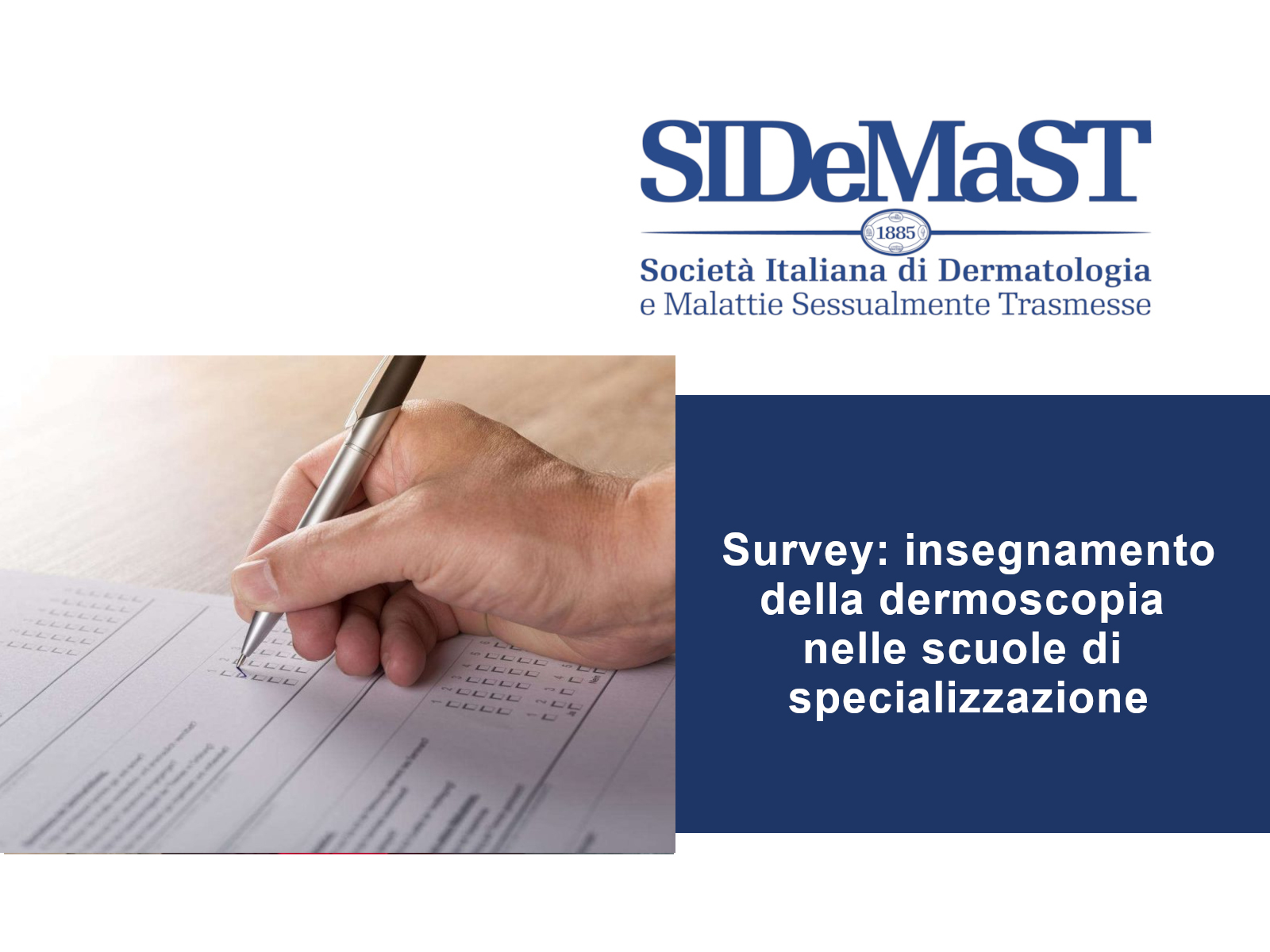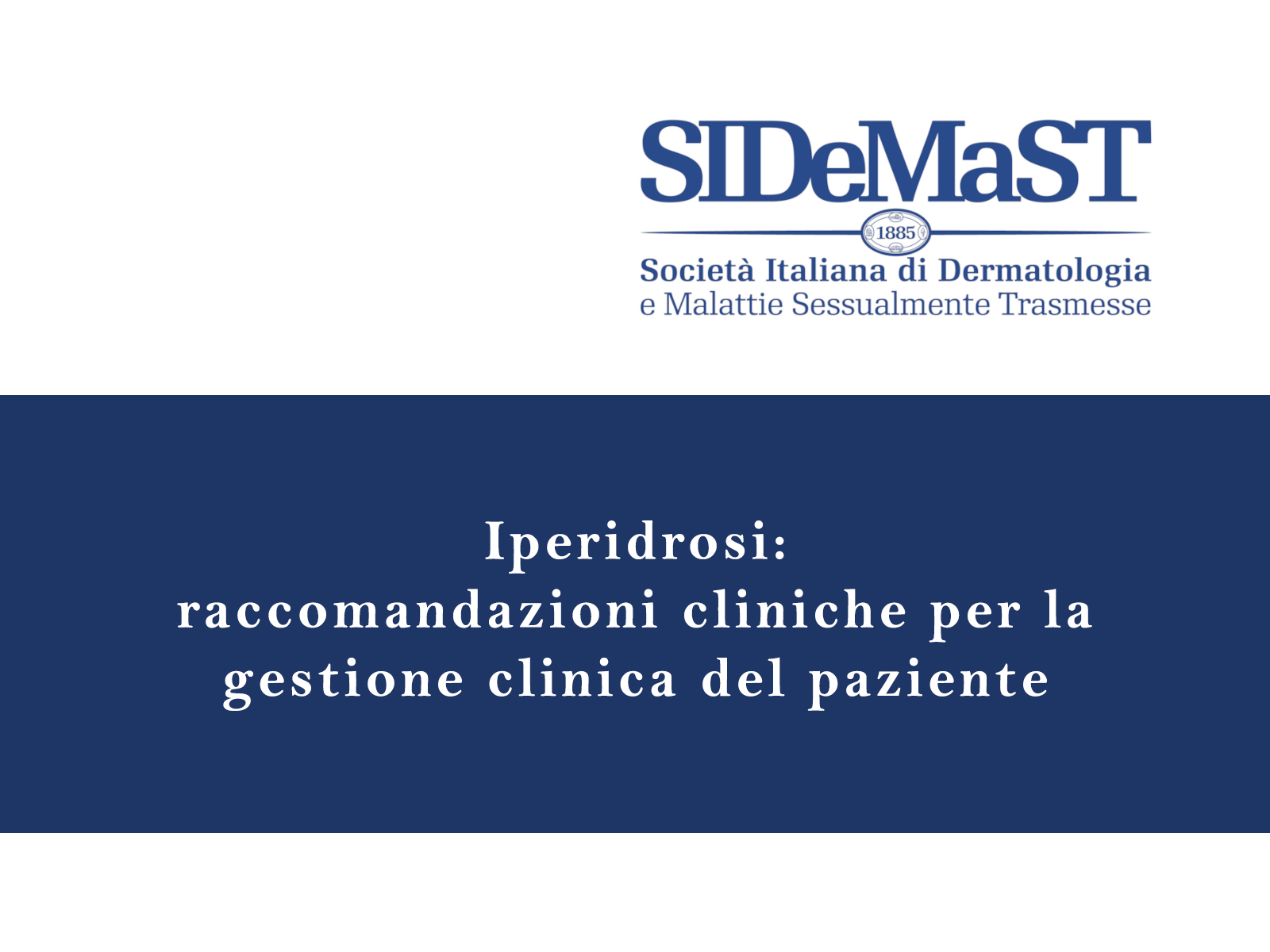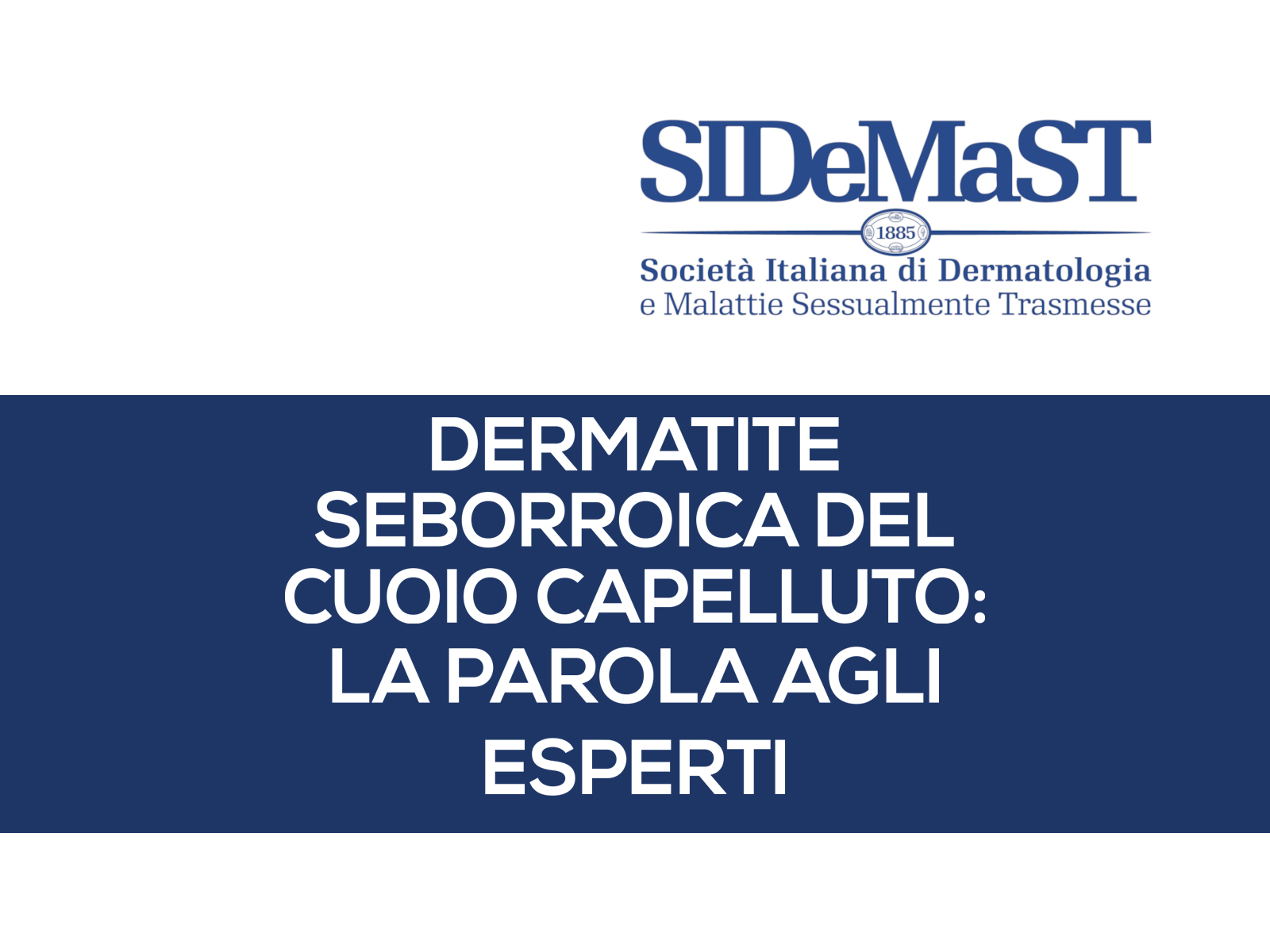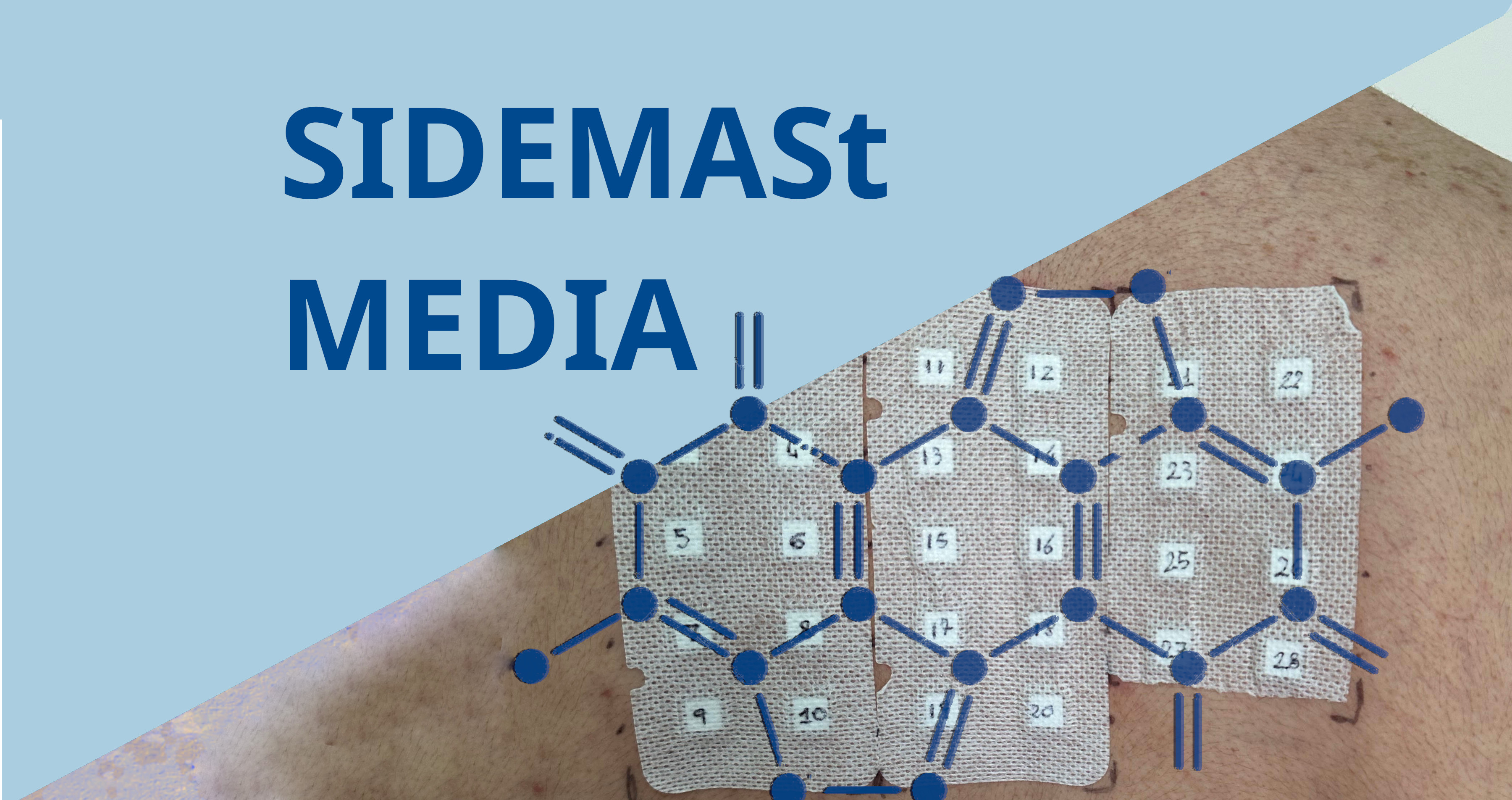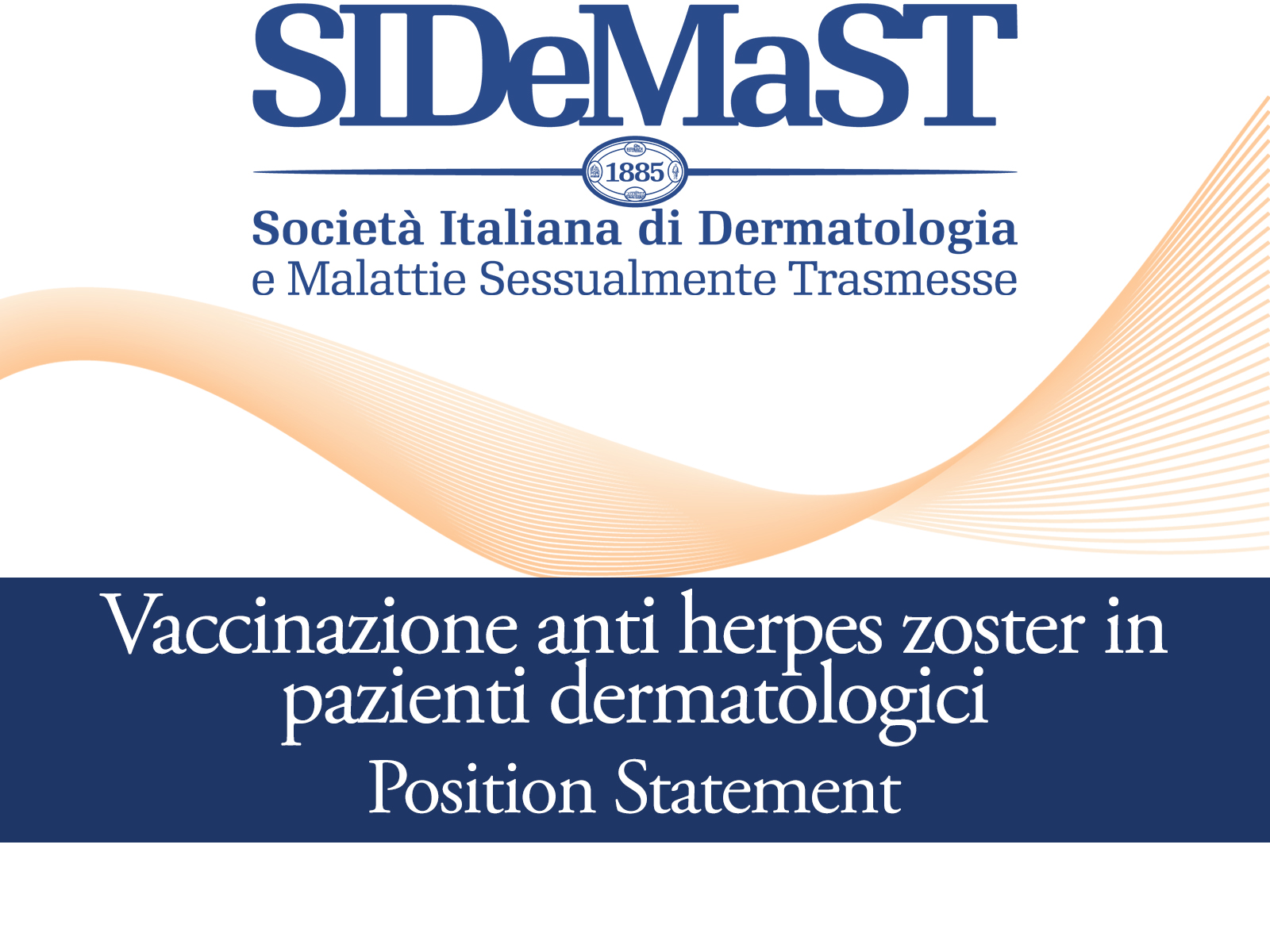Oral omeprazole plus erythromycin 4% was more effective than doxycycline plus erythromycin 4% combination therapy in resolving non-inflammatory acne vulgaris skin lesions, and caused fewer non-skin related side effects, according to findings presented at the 26th European Academy of Dermatology and Venereology (EADV) Congress.
In addition, the omeprazole combination demonstrated comparable efficacy to the doxycycline combination in resolving inflammatory skin lesions.
"Omeprazole ...has demonstrated antibacterial effects in vitro against Staphylococcus aureus. The structural similarity of omeprazole to selective testosterone receptor antagonists suggests its potential anti-androgenic activity," explained Fariba Jaffary MD, PhD, Skin Diseases and Lieshmaniasis Research Center, Isfahan University of Medical Sciences, Isfahan, Iran, speaking here on September 15.
"The efficacy of omeprazole [in treating acne] may be due to its anti-microbial effects," Dr. Jaffary added.
Dr. Jaffary and colleagues randomised 79 patients with moderate acne vulgaris to receive erythromycin 4% plus either omeprazole (n = 34) or doxycycline (n = 35) for 3 months. The team tested for the presence of Helicobacter pylori (H. pylori) at the start of treatment, and patients were monitored every 2 weeks for up to 12 weeks.
Inflammatory and non-inflammatory lesions decreased in both treatment groups (P = .05).
No significant correlation between patients positive for H. pylori and either inflammatory or non-inflammatory lesion reduction was observed (P = .794 and P = .514, respectively).
The incidence of skin reactions was 20.58% with the omeprazole combination versus 11.42% with the doxycycline combination. Side effects other than skin reactions, however, were lower with omeprazole/erythromycin at 2.94% versus 14.28% with doxycycline/erythromycin.
"The recovery rate from inflammatory lesions was the same with omeprazole as with doxycycline combined with erythromycin," Dr. Jaffary commented.
"Omeprazole could be suggested as an alternative for doxycycline in the treatment of patients with moderate acne vulgaris, especially patients with non-inflammatory lesions," the authors concluded.
[Presentation title: Omeprazole Versus Doxycycline Combination Therapy With Topical Erythromycin In the Treatment of Acne Vulgaris: A Randomized Clinical Trial. Abstract #: P0084]



